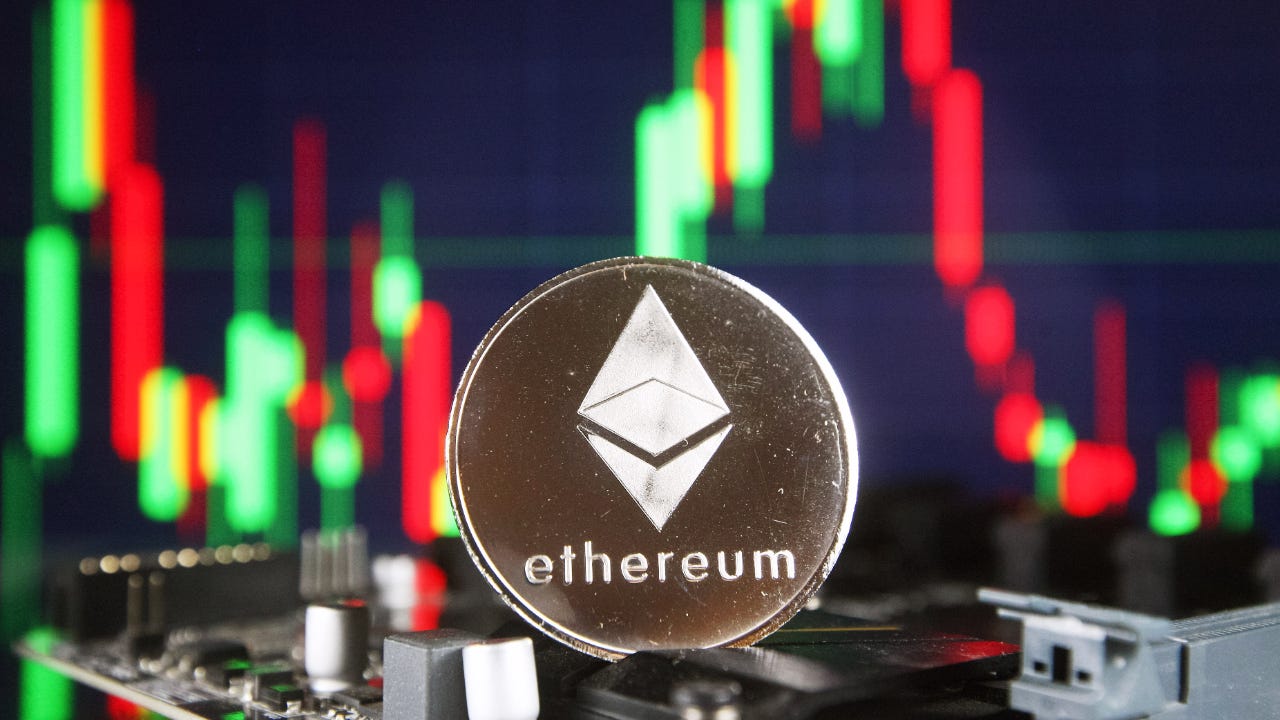The Ultimate Guide to BaoXing Bags
Explore the latest trends and styles in BaoXing bags.
ETH: The Cryptocurrency That Dances on Blockchain
Discover how ETH is revolutionizing the blockchain world with its unique moves. Dive into the future of cryptocurrency now!
Exploring Ethereum: How ETH Revolutionizes Smart Contracts on the Blockchain
Ethereum has emerged as a pioneering force in the world of blockchain technology, primarily due to its ability to execute smart contracts. Unlike traditional contracts, which require intermediaries and are often laden with inefficiencies, smart contracts are self-executing agreements with the terms directly written into code. By leveraging Ethereum's decentralized platform, developers can create applications that run exactly as programmed without any downtime or risk of fraud. This revolutionizes not only how contracts are executed but also transforms various sectors by facilitating automation, reducing costs, and increasing trust among parties.
The impact of Ethereum on the blockchain landscape cannot be overstated. Smart contracts enhance transaction transparency and security, providing users with greater confidence in automated processes. Furthermore, the ability to build decentralized applications (dApps) on the Ethereum platform allows for a myriad of use cases, from finance to supply chain management. As more industries recognize the benefits of incorporating smart contracts into their operations, the demand for Ethereum's innovative solutions is set to grow, solidifying its position as a cornerstone of the blockchain ecosystem.

What Makes ETH the Fuel for Decentralized Applications?
Ethereum (ETH) serves as the underlying fuel for decentralized applications (dApps) due to its unique features and robust architecture. Unlike traditional applications that rely on centralized servers, dApps operate on a peer-to-peer network, making them more resilient and secure. The **Ethereum blockchain** allows developers to create smart contracts that automatically execute transactions when specific conditions are met, ensuring transparency and trust. This decentralized nature significantly reduces the risks of censorship and fraud, thereby attracting developers and users alike.
Moreover, ETH is required to pay for transaction fees and computational services on the Ethereum network, known as gas fees. This incentivizes miners to maintain the network's integrity and performance. As dApps gain popularity and usage increases, the demand for ETH also rises, creating a positive feedback loop that enhances its overall value. In summary, the combination of smart contract capabilities and the essential role of ETH in transaction processing makes it an indispensable component for the thriving ecosystem of decentralized applications.
Is Ethereum the Future of Finance? Unpacking Its Impact on DeFi
As the world moves towards a more digital economy, Ethereum is poised to play a pivotal role in shaping the future of finance. With its robust smart contract functionality, Ethereum has become the backbone of decentralized finance (DeFi). Unlike traditional finance, which relies on centralized institutions, DeFi empowers individuals by enabling direct transactions and financial interactions without intermediaries. This disruption not only promises lower fees but also increased accessibility, allowing anyone with an internet connection to participate in complex financial activities, from lending and borrowing to trading and investing.
The implications of Ethereum on DeFi extend beyond mere convenience; they encompass a fundamental shift in how we perceive and interact with financial systems. By leveraging blockchain technology, Ethereum enhances transparency and security, laying a foundation for trust among users. As DeFi continues to evolve, we can expect innovations such as automated market makers and yield farming to gain traction, further embedding Ethereum in the financial ecosystem. Thus, the question remains: is Ethereum truly the future of finance? The answer may lie in its ability to redefine the finance landscape, making it more inclusive and efficient for all.